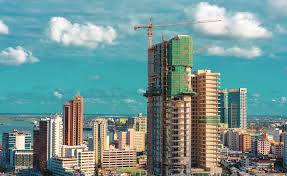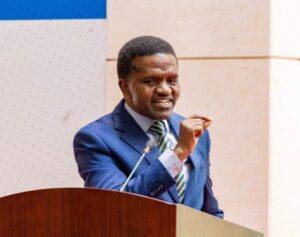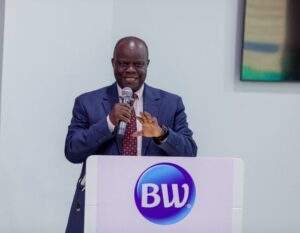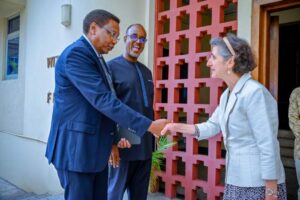By Business Insider Reporter
As Tanzania’s cities grow hotter and denser, urban overheating is becoming more than just a climate problem – it’s a social justice issue.
In fast-growing cities like Dar es Salaam, the urban poor are often the first to feel the heat and the last to receive relief.
That’s why last week’s intensive urban cooling training in Arusha – led by UNSW’s Dr Ioannis Kousis and supported by the World Bank – is more than a knowledge-sharing event.
It’s part of a wider effort to ensure climate resilience reaches all corners of society, not just high-tech buildings or affluent neighborhoods.
The workshop brought together architects, engineers and decision-makers from across Tanzania to explore equitable strategies for reducing urban heat, especially in vulnerable communities where green space is scarce and thermal discomfort is widespread.
“Urban overheating is not only a scientific issue – it’s a social one,” says Dr Kousis. “We need to make sure that cooling solutions work for everyone, not just those with access to air conditioning.”
This rethinking of urban design focuses on low-cost, scalable solutions – such as reflective roofing, ventilated housing designs, shaded public spaces, and integrating cooling into future city planning.
As Dar es Salaam edges closer to becoming one of the largest megacities in the world, these strategies are not optional – they are essential.
The training also reflects a shift in global climate action – from broad international targets to hyper-local interventions where the daily lives of people are most affected.
By empowering Tanzanian professionals with cutting-edge tools and know-how, the project aims to close the gap between academic innovation and practical, inclusive implementation.
Ultimately, cooling cities like Dar es Salaam isn’t just about managing temperatures – it’s about protecting lives, reducing inequality, and building cities that work for everyone.









